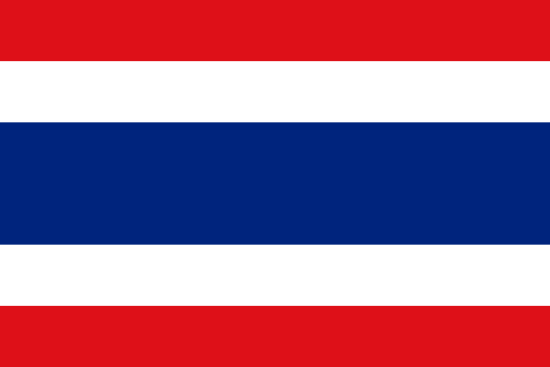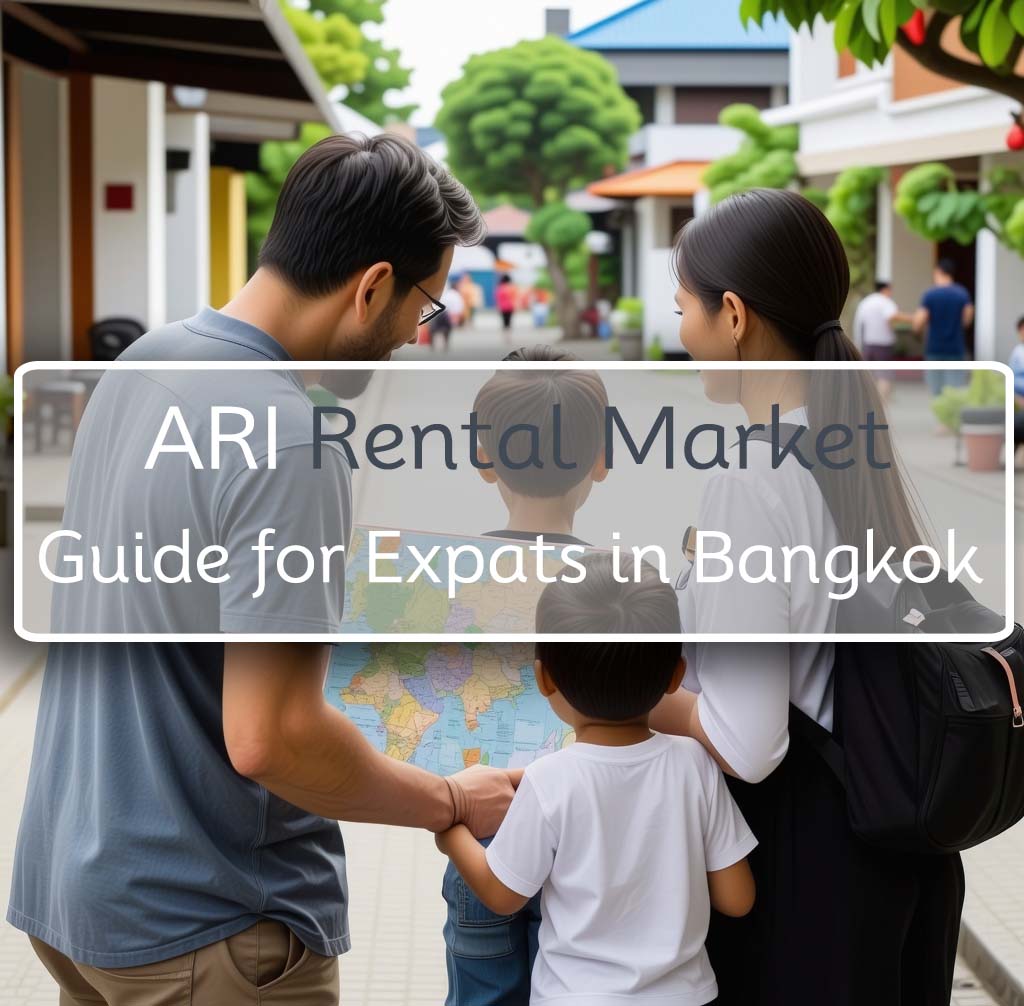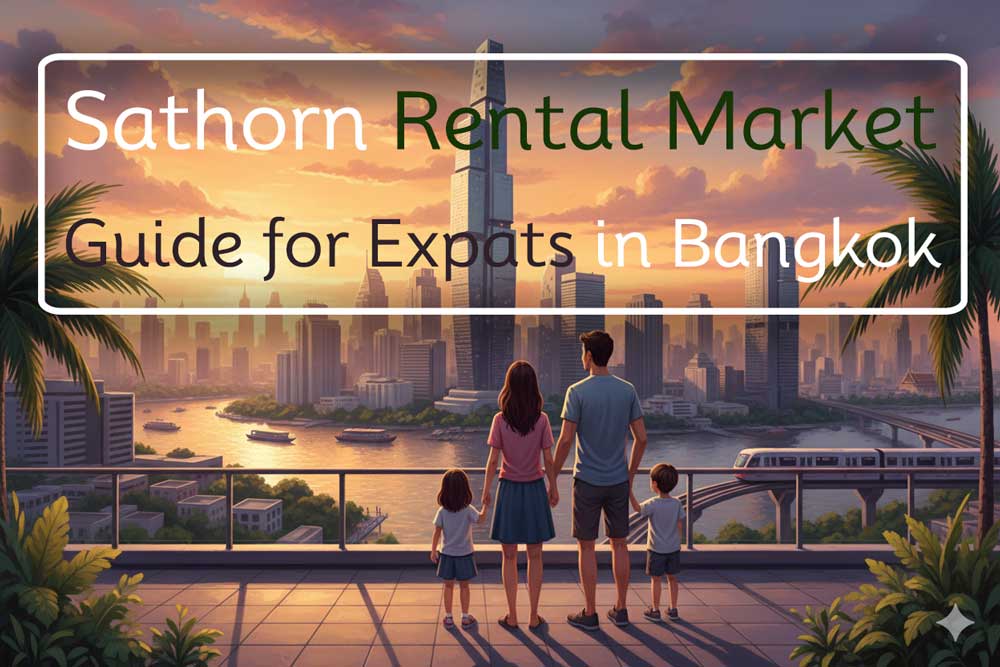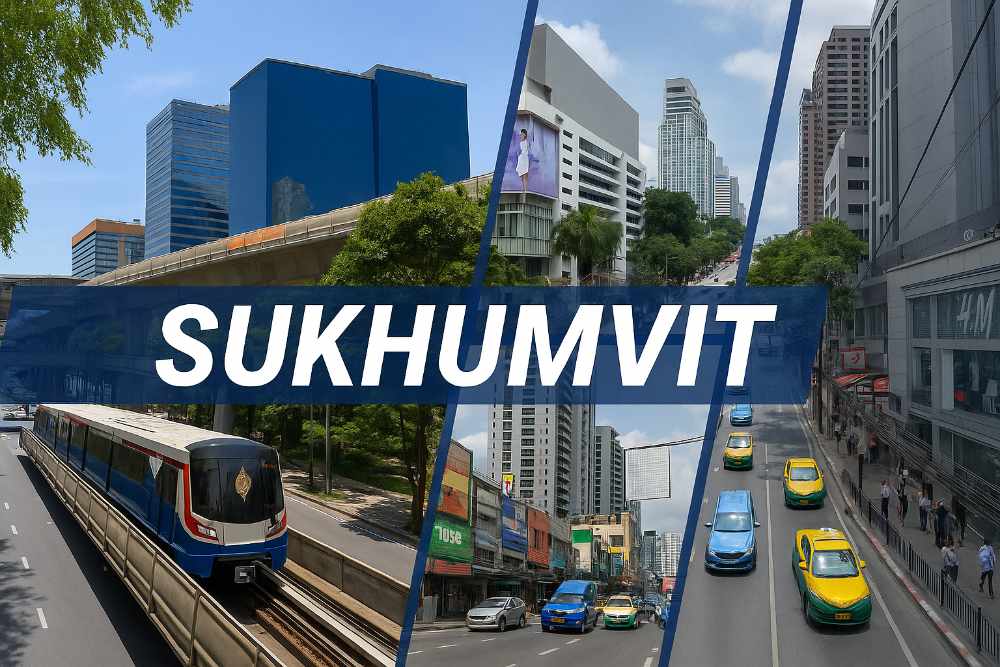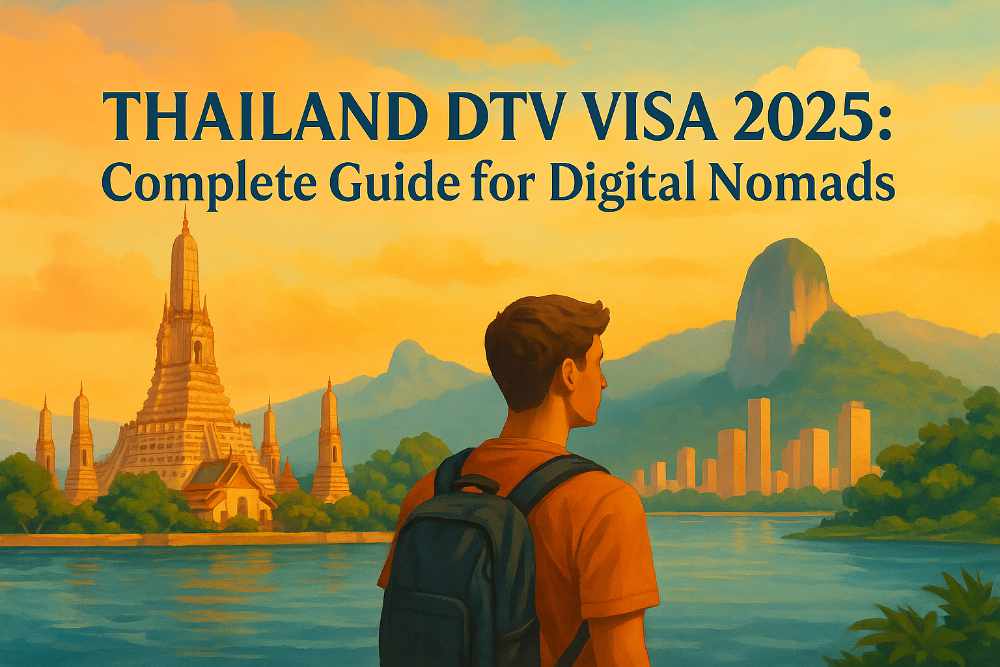
Thailand DTV Visa 2025:
Complete Guide for Digital Nomads
Thailand DTV Visa 2025: Your Complete Guide to Living and Working Remotely in Paradise
Remote professionals worldwide are discovering that Thailand offers more than tropical beaches and affordable street food—it provides structured, legally recognized pathways for long-term residence. The Destination Thailand Visa (DTV), introduced in 2024, has revolutionized how digital nomads, freelancers, and remote entrepreneurs establish themselves in Southeast Asia’s most vibrant economy.
With five-year validity, straightforward application procedures, and access to Thailand’s world-class infrastructure, the DTV visa positions Thailand as a premier destination for location-independent professionals seeking stability without sacrificing adventure.
Understanding the Thailand DTV Visa: What Remote Workers Need to Know
The Destination Thailand Visa specifically targets remote professionals who generate income outside Thailand while residing within the country. Unlike tourist visas requiring frequent border runs or education visas limiting your activities, the DTV provides legitimate long-term status for genuine remote work.
Who qualifies for the DTV visa?
- Freelancers and creative professionals working for international clients (designers, writers, photographers, consultants)
- Online business owners managing e-commerce, SaaS platforms, or digital agencies remotely
- Tech consultants and developers serving clients globally while enjoying Thailand’s lifestyle
- “Slowmads”—digital nomads seeking extended stays rather than constant travel
Key DTV visa benefits include:
- Five-year validity with multiple entry privileges, allowing 180-day stays per entry
- Legal residency status eliminating concerns about working on tourist visas
- Access to Thailand’s infrastructure including banking services, long-term rentals, and utilities setup
- Family inclusion options for spouses and dependent children under specific conditions
- Affordable lifestyle combining first-world amenities with developing-nation costs
The DTV visa fundamentally changes the remote work equation in Thailand. Previously, digital nomads operated in legal gray areas using tourist visas while technically “working” in the country. The DTV provides clarity, legitimacy, and peace of mind for professionals building location-independent careers.
For comprehensive moving preparation beyond visa applications, review our Thailand relocation starter pack covering logistics from departure to settlement.

Step-by-Step DTV Visa Application Process
Navigating Thailand’s visa bureaucracy intimidates many applicants, but understanding the process systematically eliminates confusion and delays.
Step 1: Verify Your Eligibility
Before investing time in documentation, confirm you meet Thailand’s DTV requirements:
- Minimum age: 20 years old (no maximum age limit)
- Financial proof: Demonstrable income of $80,000+ annually OR 500,000 THB (approximately $14,000 USD) in bank savings
- Remote work verification: Active freelance contracts, business registration, or employment letter confirming remote work arrangement
- Health insurance: Valid international health insurance coverage throughout your Thailand stay
- Clean legal record: No Thai visa violations or criminal history affecting admissibility
These requirements ensure applicants can support themselves financially without seeking local employment, which remains prohibited under DTV terms.
Step 2: Gather Required Documentation
Thorough documentation preparation prevents application rejections and delays. You’ll need:
Passport documentation: Valid passport with minimum six months remaining validity and blank pages for visa stamps.
Proof of remote work/activity: Employment contracts specifying remote work arrangements, business registration certificates, client contracts demonstrating freelance income, or professional portfolio showing ongoing work.
Financial evidence: Recent bank statements (3-6 months) showing 500,000 THB minimum balance OR tax returns, client invoices, and income documentation proving $80,000+ annual earnings.
International health insurance: Policy documents covering medical treatment in Thailand, including emergency evacuation, with minimum coverage amounts specified by immigration authorities.
Thai accommodation proof: Hotel reservations, rental agreements, or property ownership documents showing where you’ll reside initially.
Certified translations: All documents not in English or Thai require official translation and certification by recognized translation services.
Thailand’s immigration authorities scrutinize financial documentation carefully. Ensure bank statements show consistent balances rather than sudden large deposits immediately before application, which raise red flags about financial stability.
Step 3: Submit Your Application
Thailand offers two DTV application pathways:
Online e-Visa system: Thailand’s official electronic visa portal (Here the link) accepts applications from eligible countries, offering convenience for applicants already outside Thailand.
Embassy/consulate application: Thai embassies worldwide accept in-person DTV applications. Some nationalities must apply through diplomatic missions rather than online systems.
Application fees range from 10,000-20,000 THB (approximately $280-560 USD) depending on your nationality and application location. Payment methods vary by embassy—confirm accepted payment types before your appointment.
Step 4: Wait for Approval
Processing times typically span 2-6 weeks depending on application volume, completeness of documentation, and the specific embassy handling your case. During this period:
- Monitor your email for immigration requests for additional documentation
- Avoid booking non-refundable flights until receiving visa approval
- Begin planning your housing search and international shipping logistics
- Research Thai banking requirements and address registration procedures
Our guide to moving to Ho Chi Minh City offers parallel insights on Southeast Asian relocation preparation applicable to Thailand moves.
Step 5: Arrive and Register in Thailand
Upon arrival with your approved DTV visa:
Address registration: Thai law requires foreigners to register their residence address within 24 hours of arrival. Your landlord, hotel, or serviced apartment typically handles this TM30 notification, but verify completion.
Present health insurance: Immigration officers may request health insurance policy documentation at entry. Keep digital and physical copies accessible.
Open Thai bank accounts: Some Thai banks now accept DTV visa holders for account opening, though requirements vary by institution. Kasikorn Bank and Bangkok Bank reportedly accommodate DTV holders most readily.
Obtain Thai SIM card: Major carriers (AIS, TrueMove, DTAC) offer unlimited data packages with excellent 5G coverage throughout Bangkok and major cities.
Establish your routine: Connect with co-working spaces, explore neighborhoods, and begin integrating into Thailand’s vibrant digital nomad community.
Why Bangkok Dominates as Thailand’s DTV Hub
While Chiang Mai attracts mountain-loving creatives and Phuket appeals to beach-focused freelancers, Bangkok offers unmatched infrastructure for serious remote professionals establishing long-term bases.
World-class connectivity: Bangkok provides consistent high-speed fiber internet (100-1000 Mbps) in virtually every neighborhood, comprehensive 5G mobile coverage, and redundant connectivity options ensuring uninterrupted client calls and video conferences.
Premium co-working ecosystem: International brands like WeWork, The Work Loft, HUBBA, and Launchpad operate throughout Bangkok, offering professional environments, networking events, and community building beyond home offices.
Affordable urban lifestyle: Monthly expenses remain remarkably low—modern one-bedroom condos rent for $400-800, gourmet meals cost under $10, and world-class fitness facilities charge $30-50 monthly memberships.
Efficient public transportation: Bangkok’s BTS Skytrain and MRT subway systems eliminate traffic frustrations, connecting major business districts, residential neighborhoods, and entertainment zones efficiently and affordably ($0.60-1.50 per trip).
Regional travel gateway: Suvarnabhumi Airport offers direct flights throughout Asia, enabling weekend escapes to Cambodia’s Angkor Wat, Vietnam’s beaches, or Singapore’s urban attractions without major time or financial investment.
International community: Bangkok hosts over 250,000 expatriates creating ready-made social networks, professional connections, and cultural familiarity easing adaptation challenges for newcomers.
For professionals prioritizing career development alongside lifestyle enhancement, Bangkok delivers optimal balance between productivity infrastructure and quality of life. Explore why Why Thailand Is a Smart Relocation Destination for Remote Workers.

Beyond Work: Thailand’s Lifestyle and Community Advantages
The DTV visa unlocks more than legal residency—it provides access to Thailand’s exceptional lifestyle infrastructure that keeps remote professionals returning year after year.
Comprehensive fitness culture: Bangkok neighborhoods feature yoga studios, Muay Thai gyms, CrossFit boxes, and outdoor parks supporting active lifestyles. Monthly gym memberships ($30-50) cost fraction of Western equivalents while offering comparable facilities.
Mental wellness accessibility: Thailand’s meditation retreats, affordable spa treatments ($8-20 for massages), and work-life balance culture support sustainable remote work practices preventing burnout.
Cultural immersion opportunities: Thai cooking classes, language exchange programs, and cultural workshops help digital nomads move beyond tourist experiences toward genuine integration and understanding.
Vibrant social infrastructure: Digital nomad meetups, coworking networking events, hobby groups, and expat communities provide instant social connections in new cities, eliminating isolation common among remote workers.
Culinary diversity: From $1 street food pad thai to $50 fine dining experiences, Bangkok’s food scene accommodates every budget and dietary preference with quality exceeding most Western cities.
These lifestyle elements transform Thailand from temporary location to sustainable long-term base where remote professionals thrive personally and professionally. Our article on adapting to new cultures after moves provides additional integration strategies applicable across Southeast Asia.
Professional Relocation Support: Simplifying Your DTV Transition
While the DTV visa provides legal framework for Thailand residence, successful relocation requires addressing dozens of logistical challenges beyond visa approval:
Long-term housing search: Thailand’s rental market operates differently from Western standards. Landlords require substantial deposits (typically 2-3 months rent), lease terms favor owners heavily, and quality varies dramatically between similar-priced properties. Professional real estate agents familiar with expat needs prevent costly mistakes.
International shipping and customs: Moving household belongings to Thailand involves complex customs regulations, import duties on specific items, and documentation requirements. Professional shipping services handle door-to-door logistics from packing through customs clearance to delivery at your Bangkok condo.
Banking and financial setup: Opening Thai bank accounts proves challenging for foreigners, with requirements varying by institution and visa type. Local expertise navigates these bureaucratic hurdles efficiently.
Language and communication support: While Bangkok’s international character provides English functionality, administrative processes, lease negotiations, and utility setup often require Thai language capability or professional interpretation.
Cultural orientation: Understanding Thai social norms, business etiquette, and daily life practices accelerates integration and prevents embarrassing cultural mistakes damaging relationships and opportunities.
Asia Relocation Thailand specializes in comprehensive DTV visa support and settlement services, handling everything from application guidance through housing establishment and cultural integration. Our team ensures your transition focuses on exciting opportunities rather than frustrating logistics.
For insights on shipping specific items internationally, including vehicles, review our vehicle transport guide covering customs and documentation requirements.

DTV Visa Application Checklist: Your Printable Planning Tool
Use this comprehensive checklist to track your DTV application progress:
Pre-Application Preparation:
- ☐ Verify age requirement (20+ years)
- ☐ Confirm remote work documentation availability
- ☐ Verify financial requirements ($80,000 annual income OR 500,000 THB savings)
- ☐ Obtain international health insurance with Thailand coverage
- ☐ Ensure passport validity (6+ months remaining)
Documentation Assembly:
- ☐ Passport biographical page copy
- ☐ Recent passport photos (specific size requirements)
- ☐ Remote work verification (contracts, business registration, employment letter)
- ☐ Financial proof (bank statements 3-6 months OR income documentation)
- ☐ Health insurance policy documents
- ☐ Thai accommodation booking or rental agreement
- ☐ Certified translations for non-English/Thai documents
Application Submission:
- ☐ Choose application method (online e-Visa or embassy)
- ☐ Complete application forms accurately
- ☐ Pay application fee (10,000-20,000 THB depending on nationality)
- ☐ Submit all supporting documentation
- ☐ Note application reference number for tracking
Post-Approval Actions:
- ☐ Arrange international flights to Thailand
- ☐ Complete address registration within 24 hours of arrival
- ☐ Verify health insurance coverage activation
- ☐ Open Thai bank account
- ☐ Obtain Thai SIM card with data plan
- ☐ Connect with co-working spaces and digital nomad communities
Thailand’s DTV visa represents a paradigm shift for digital nomads and remote professionals seeking legitimate, long-term residence in Southeast Asia. Combined with professional relocation support addressing housing, shipping, banking, and cultural integration, the DTV unlocks sustainable, inspiring, and legally sound remote work lifestyles.
📩 Contact Asia Relocation Thailand: inquiryth@asia-relocation.com
🌐 Website: www.asia-relocation.com
Ready to transform your remote work life with Thailand’s DTV visa? Start your application journey with professional guidance ensuring smooth approval and seamless settlement in Bangkok, Chiang Mai, Phuket, or your chosen Thai destination.


